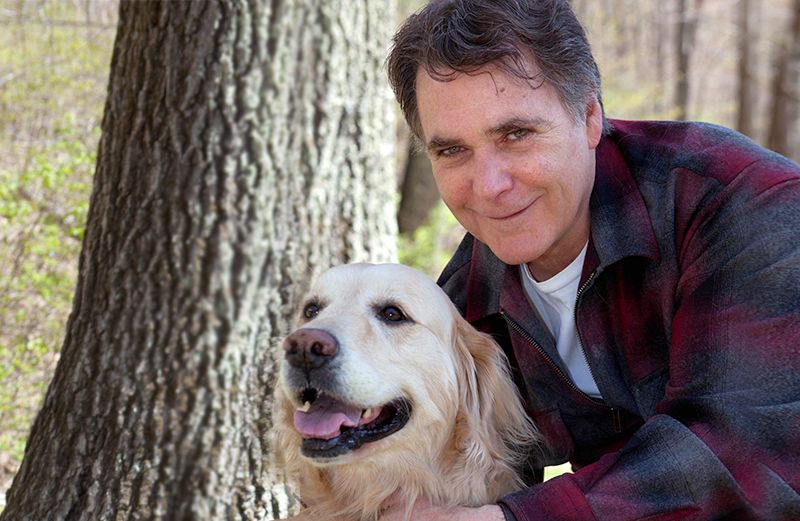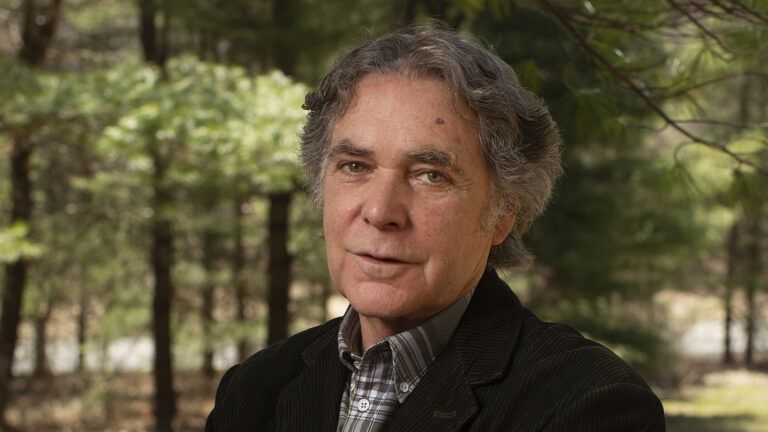Today I was rummaging through a shoebox of photos in preparation for our office move downtown at the end of the month.
I found some shots of my mom a year or so before her death. We had a summer cookout at my brother’s house and I’d driven her over from the Alzheimer’s unit we’d moved her to a couple of years earlier when it had become just too dangerous to let her continue to live on her own. She must have asked me where we were going 20 times on the drive to my brother’s, about once a mile.
I don’t like to use the word hate. But I hate Alzheimer’s. I saw my maternal grandfather die of it, though I was too young to understand why he never knew my name. I watched both of my mother’s older sisters die of it, and one of her brothers. I lived through my mother dying of it. Now a couple of my older cousins on that side of the family—I’m the youngest in my generation—are starting to show symptoms.
And someday… well, there is no use worrying about someday. I do what I can to stay healthy and keep the supplement industry in business. You name it, I take it. Lately it’s turmeric. Who knows? In the end it’s probably a genetic crapshoot.
I lingered over those photos of my mom. Even in those frozen moments in time you can tell something’s not right because she looks more than just old. Maybe it’s the way her head is inclined or a certain limpness in her stance, as if there is physical confusion as well as mental.
Yet there is one thing: her smile. Research has shown that two completely different parts of our brain control smiling. There is the “smile for the camera” neurofunctionality, which is essentially artificial and socially driven. But the smiles we can’t repress, the ones that burst forth when we are happy or in love, the ones we can’t stop for the world, those are connected deep within the so-called primitive brain.
That’s how my mom was smiling. She didn’t really know where she was or why she was there, but she knew she was with family, with people who loved her and whom she loved fiercely her whole life. Maybe that’s the one thing Alzheimer’s can never kill: love.
Maybe nothing can ever kill love. There is a kind of immortality at its essence. Certainly my mother’s love outlived her. I felt it more than ever looking at those pictures.
Yesterday someone sent me this picture that is going around the web. It just might prove my point.






